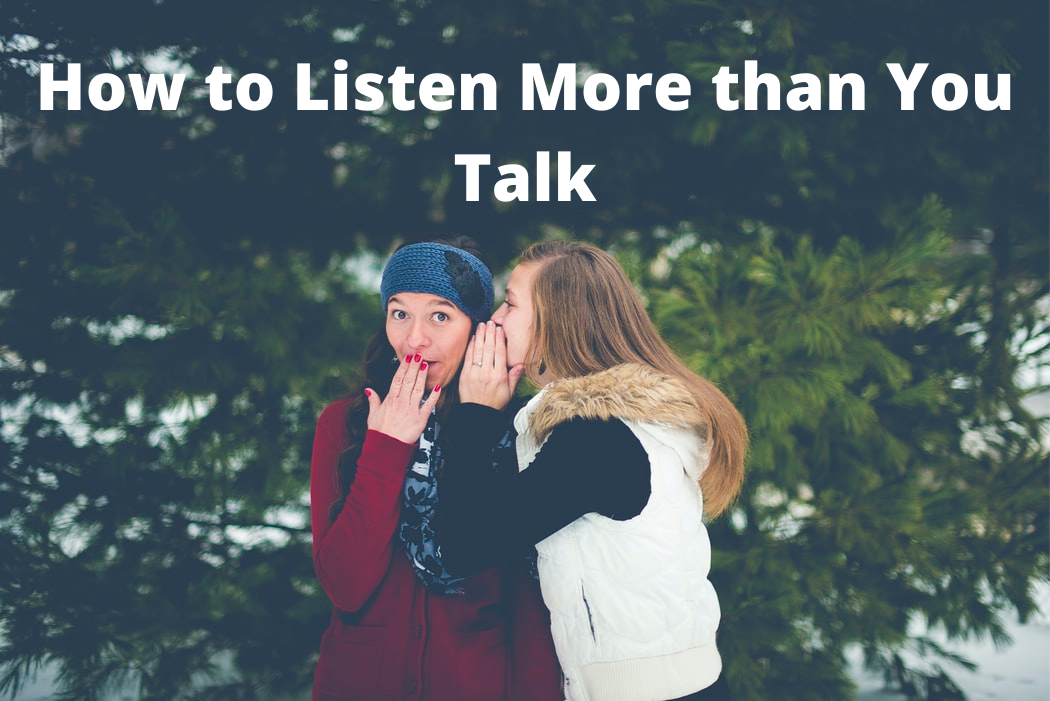Listening more than you talk might just be one of the most underrated superpowers in the world. Not only does it help you have better relationships, but it also endears you to the other person, making them open up and trust you more.
In fact, here are some other benefits of listening more than you talk:
- It gives you time to think before you blurt out whatever first instinct is in your mind.
- It prevents you from jumping to conclusions and makes you a better listener.
- You can limit yourself to only talking about what’s important.
- You get to know the other person better.
- Since you’re more aware of what the other person thinks, you’ll have a better perspective on reality other than what only your brain tells you.
Now that we’ve established the many benefits of speaking less and listening more, how does one go about it? This post discusses three ways how you can be a better listener and only speak when it’s necessary.
Give the other person your full attention
You can do this by applying the following ways:
- Make good eye contact. This will give you an idea of how deeply they feel about the subject at hand.
- Keep your phone away. Don’t be distracted.
- Show interest in what they are speaking about. Be enthusiastic to encourage them to keep going on.
These steps will help you become a better conversationalist. It will also help you absorb more from the talk rather than just passive listening.
Be a better listener
Here are some steps you can apply to be a better listener:
- Be open-minded about whatever the other person is talking about. Keep your preconceived biases at bay and be willing to listen to a different point of view.
- Pay attention and remember what the speaker is telling you.
- Try and picture whatever the person is talking about so you can see a clear picture in your head. This will help you make connections quicker and draw to conclusions with ease.
A huge part of being a good listener is learning to be comfortable with silence. You don’t have to rush in to fill every moment of silence that comes into the conversation. Just because there’s a lull doesn’t mean it’s awkward.
Know when to speak
Knowing when to speak is a great tool you can have in your arsenal on your journey of being a better conversationalist. Here are some ways to help you how:
- Don’t interrupt the other person when they are speaking. Let them finish their account and only speak when they are done.
- Ask follow-up questions to gain a deeper understanding of what they are talking about.
- Don’t listen only so you can prove your point once they are done. Listen actively and let the conversation sink in before rushing to make your point.
Turn to technology
This might be the most innovative use of technology yet, but being a better listener is a habit too. Like all other habits, you can track it on a habit tracker, so the thrill of seeing an unbroken streak motivates you to try harder to listen more than you speak.
You can also hire an accountability coach to keep you on track. They are trained professionals who will keep applying creative ways to hold you accountable to your new habit of listening more than you speak.
